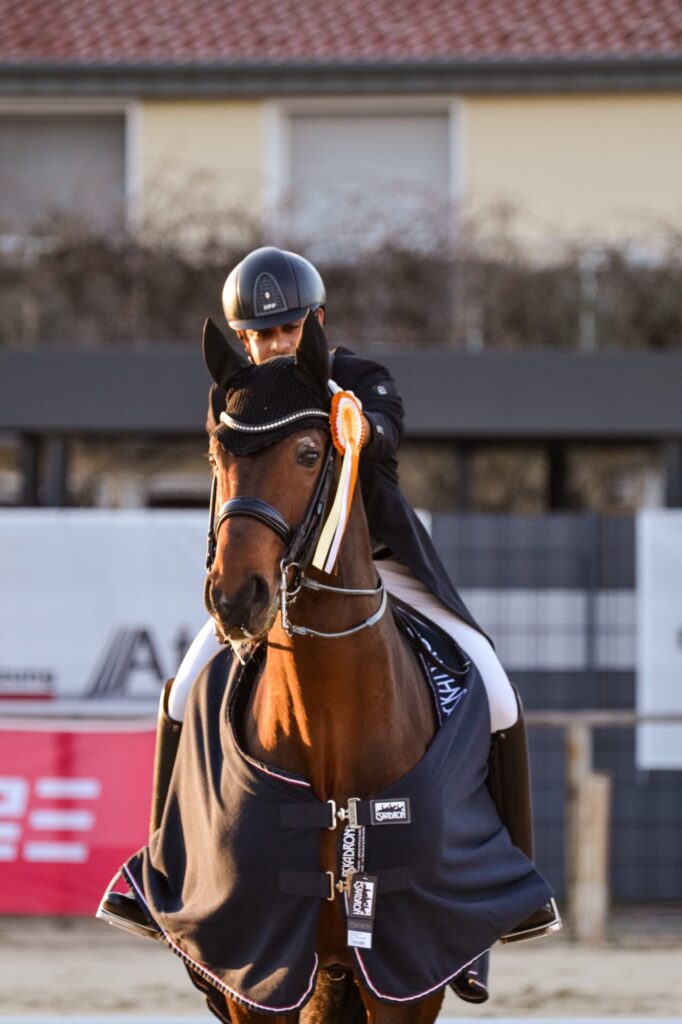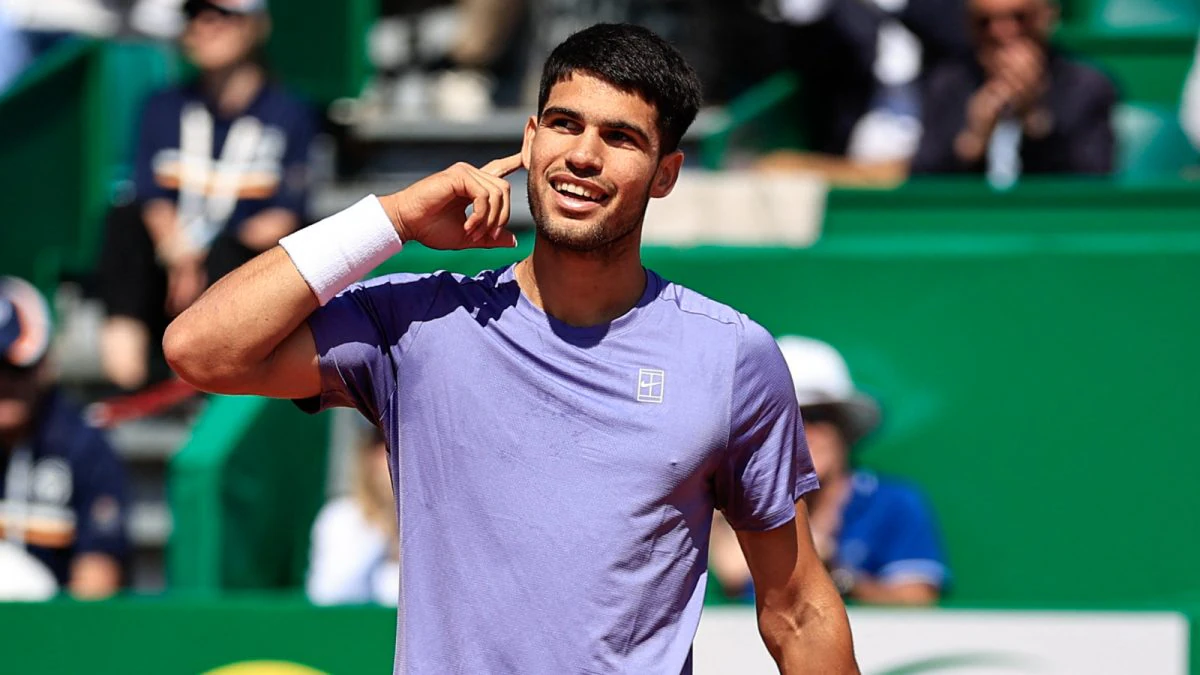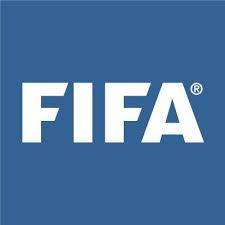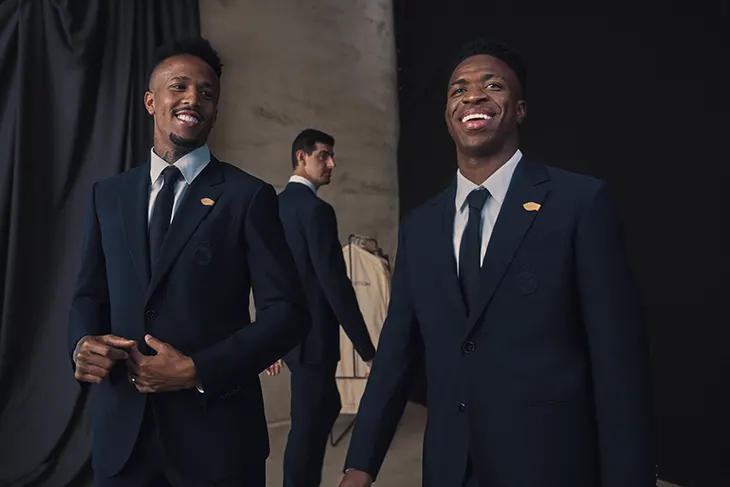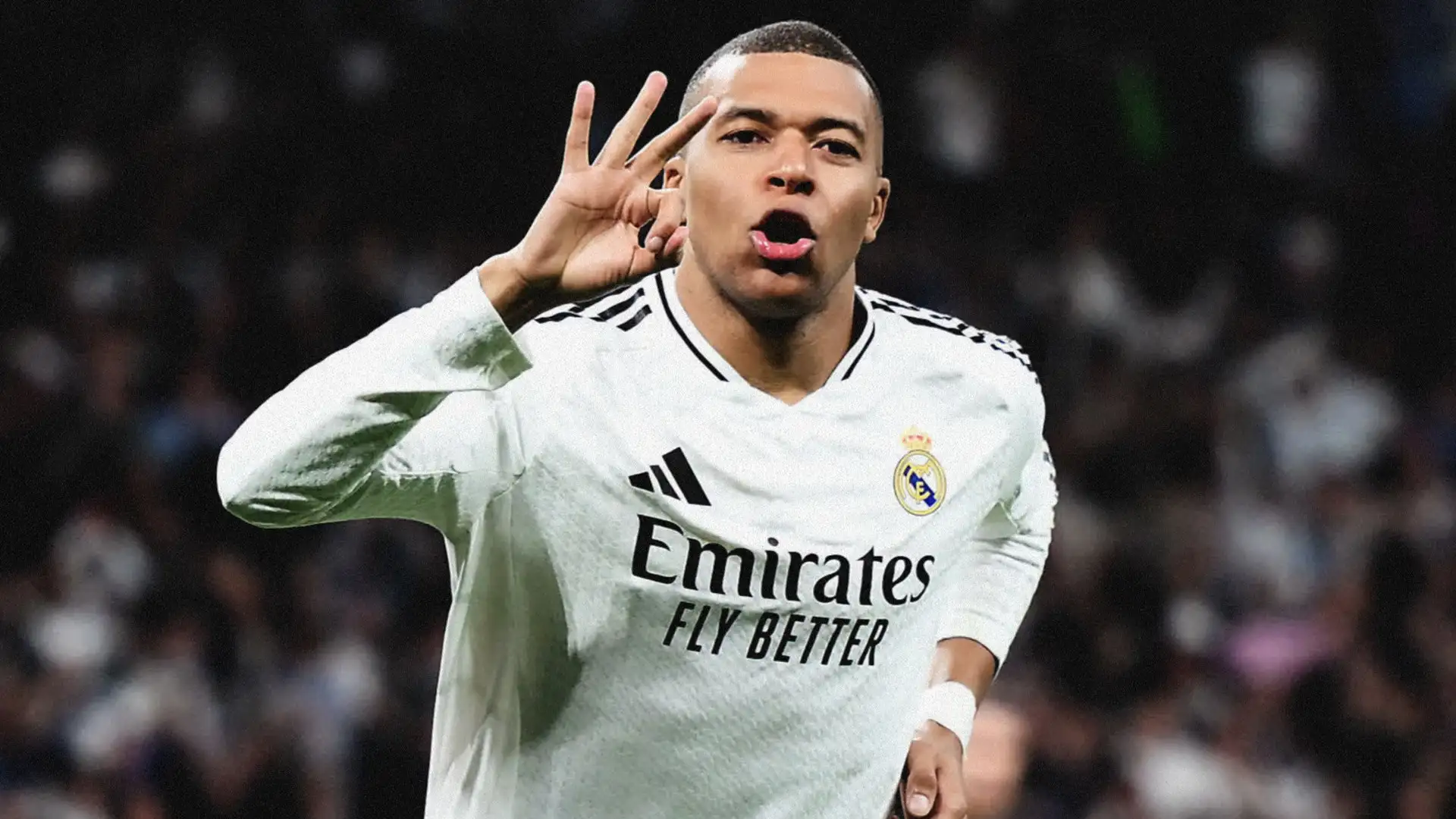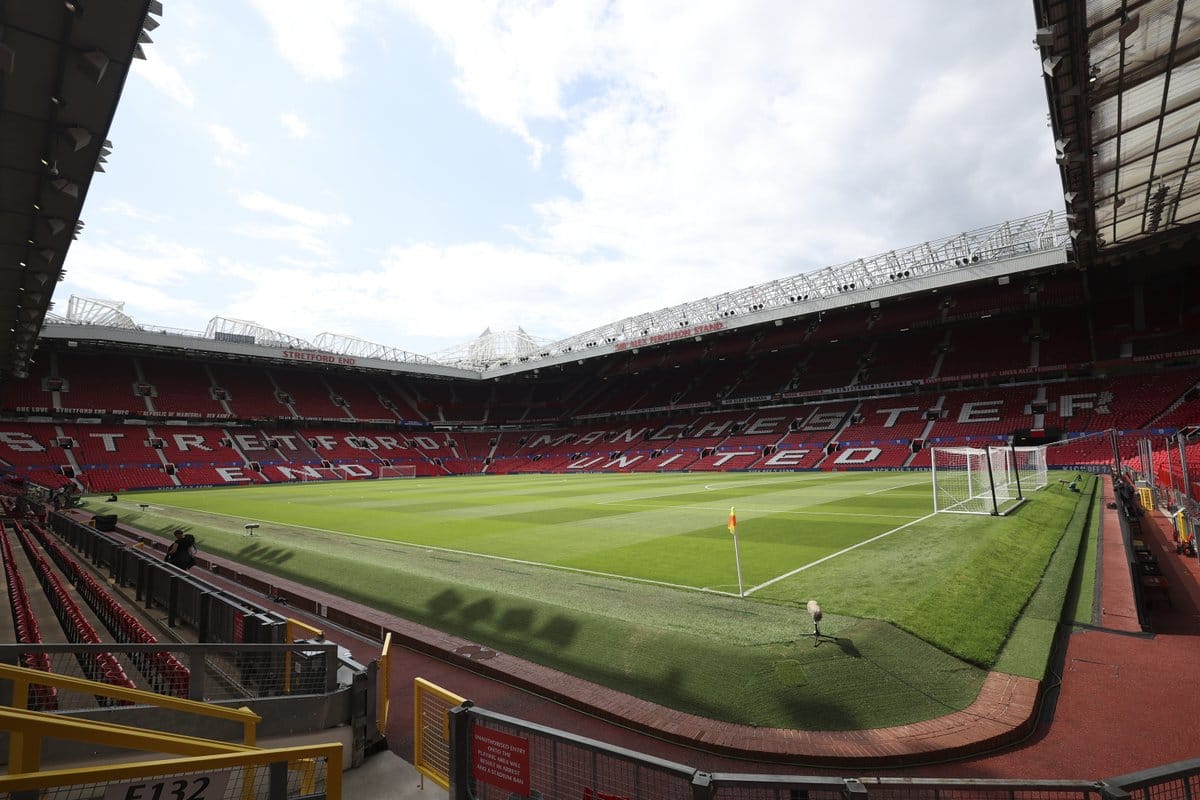Anush Agarwalla, born on November 23, 1999, in Kolkata, India, is a remarkable figure in the world of equestrian sports. His journey from a casual weekend rider to a determined international competitor serves as an inspiration to many. Introduced to horseback riding at the age of 3 by his parents at The Tollygunge Club, Anush’s initial fascination soon evolved into a deep-seated passion.
Beginning formal riding lessons at just 8 years old, Anush quickly progressed to local children’s events. His ambitions knew no bounds, as he aspired to grace prestigious stages like the Asian Games and the Olympics. At 16, Anush made a bold move to Delhi for rigorous training, eventually gaining admission to Shri Ram School, Aravalli, for his higher secondary studies.
His quest for excellence led him to Germany, where he trained under the mentorship of Olympic gold medalist Mr. Hubertus Schmidt. Overcoming linguistic and cultural barriers, Anush’s determination propelled him to become India’s youngest Grand Prix rider and secured his spot in the World Equestrian Championships.
In an exclusive interview with SpogoNews, Equestrian athlete Anush Agarwalla talks about his journey in Equestrian and how he has made it to the top by representing India. He also talks about the challenges he faced while relocating to other places at a young age and staying away from his family and friends. He also shares how he prepares himself mentally before a tournament and talks about his role models.
1)How did your journey in the industry start? What motivated you to pursue it professionally?
I come from Calcutta and there’s this Tollygunge club, which is more like a golf club. But they also have riding lessons going there. And my parents used to take me there like when I was three, four, five years old. They used to take me there on the weekends to ride. That’s how I came into the sport that we used to go down on the weekends because I always loved animals from an early age. So that’s how it started. It became like a hobby for me. I had to be of minimum age, I think, eight or nine before I could start with proper riding lessons and not just sit on a horse for like 10 minutes like I used to. Then I started with the lessons and then at the age of 11, I started flying to Delhi on the weekend. That’s how the journey started. But like I was in Delhi from 2017. Then that’s when I realised that it was not working out. I’m not at the level I’m not even close to the level I want to be because it was always my dream to represent India, let’s say at the Olympics or the World Games or Asian Games, like competitions like that. I was not even close to the level and I did not see any chance of me making it like getting to this level. That’s when we decide to either continue it properly, like full time or we have to stop because I said it makes no sense because I’m investing a lot of time but I’m still not getting anywhere. So I rather use this time to do something else or get into riding. And that’s when we started thinking about moving abroad to Europe somewhere to train and that’s how I got in touch with my trainer and that’s when I shifted to Germany.
2)So like, how, what was the first, you know, feeling like relocating to Delhi? Was it an easy decision for you and like your parents?
From the age of 11 until I was 16, I was flying to Delhi on the weekends. So I was in Calcutta from Monday to Friday because I had school and I used to train in Delhi with my trainer on weekends. That was to be honest, a lot of work and it was a lot, it was very demanding, like, from the amount of energy I put into it because, I was obviously in school for the whole week and then on the weekends in Delhi, which was also very intense because I was training the whole time on weekends. I had to make a lot of sacrifices. So that was not easy because my friends on the weekends were at birthday parties or hanging out with each other and I could not do it simply because I was not there. So that was very difficult really. I had to sacrifice so much. In 2016, I shifted to Delhi. In class 11, I was admitted to Shri Ram School in Aravalli and that’s when I shifted completely to Delhi. That move was quite difficult because I was only 16 and I did not have many friends in Delhi because I was only there on the weekends. I did not know anyone in Delhi other than the people at my stable and it was a new school and new friends. So it was quite difficult to get comfortable with the new school and with new friends. But comparatively, it was much easier than the shift, when I shifted to Germany one year later in 2017.
3)Like in this generation, like in our generation, where everyone wants to play cricket or football or like they, they are interested in that sport, how did you take it as a sport?
It wasn’t like I wanted to play cricket, football, sports which are played by everyone in this country, in our country. To be honest, I was very much into cricket and football, until class six. I was always, like for example, I used to play cricket for my school cricket team. I was at home, I used to play cricket and football the whole time with my friends. So I was very much into cricket and I was also in the football team, in the school team for cricket. I was also part of a cricket club where I used to play on the weekends, every weekend and I used to play matches for this club against other clubs. So I was very much interested in cricket, to be honest, until class six, like until I was 10, 11 years old, in fact, even more, interested in cricket than riding simply because I was not much into equestrian at that time. I was just going on the weekends too, to ride once a week and that was about it. Cricket is much more popular and is also much more accessible because obviously with equestrian, you need a horse, you need a ground and everything and cricket, you could also technically play in, in your garden at home. So I was very much interested in cricket until I started that and until class six. Then I moved to Delhi, I started training and I was flying every weekend. That’s when my trainer said that he would not like me to play, to continue playing cricket, at the level I was like, simply because the risk for injury was a lot. And on top of that, I just had no time to play cricket or football or any other sport for that matter, because I was on the weekends when I did have time, I was always in Delhi riding. So that’s when I made the choice that I wanted to continue with the equestrian and I stopped playing cricket and I never regretted the decision. So that’s how it started.
4)So, as you are different like you have been in some other sports, who were your role models in sports while you were growing up? And like, was it from equestrian or cricket or football, like who you admired the most in sports?
In sports, I’ve always been a huge fan of the footballer Cristiano Ronaldo. I would say he is one of my sports icons simply personally because of course, of all his achievements, he’s considered to be one of the greatest footballers alive, if not the greatest. So because of his numerous achievements and more importantly, because of his story, the way he started, like he started with literally nothing and worked his way to the very, very top. And what fascinated me the most about him was not the fact that he liked, of course, his achievements, but the fact that over two decades now, he’s been always performing at a very high level. And the amount of dedication and hard work he puts into his training and his fitness, that’s what has always really motivated me to do. It was just very inspiring to hear his story and to see his documentaries. And today with social media all of this stuff is very accessible. So we keep hearing, so I keep hearing or seeing videos or reading about him. So that’s very inspiring for me. It has always been. But since I shifted to Germany, who I would say is a big role model for me is my coach, whom I’m currently training with, Mr. Hubertus Schmidt. He’s my coach and he’s, I think he is the person I would say is my role model. First of all, for what he’s achieved, he is practically a legend of our sport. He went to the, he won a gold medal at the 2004 Olympic Games in Athens at the World Games in 2005, and at the European Championships in 2006. And he’s just the legend of the sport. And he’s, he’s now 63. And the way he’s, he’s been riding since the past three decades, the way he’s been always, or usually at a very, very, very high level, the way he’s been competing and simply as achievements, but also what inspired me about him, other than his numerous achievements and his riding abilities was the kind of person he is like the kind of person he is when he’s not on the horse. He’s always super humble, and super respectful. And the way he helped me when I came, even though he did not have to, the way he takes care of, not only the way he took care of me but the way he takes care of everyone else around him, the way he treats everyone with respect, even though he is the, he is the icon. He is, he’s super friendly, super humble, and everyone just loves him for that. And that inspires me to be like him, to learn something from him.
5)How are you planning to prepare for the upcoming national-level games, like the Olympics, or the Asian Games?
Before the Asian Games or before the Olympic Games, there were no changes in the training. Of course, we have to adapt to the situation if the horse is feeling a little different because we are dealing with a living animal. So we have to adapt our training to this current situation. I would not say that there’s a major change in training. The training remains the same. It does not matter if it’s, let’s say the Olympic Games are just a, just a small show next to our stable. So it’s, the training remains the same. Of course, before a championship, like the Asian Games next month, there’s a lot more nerves involved. There are more emotions involved. So it gets more difficult, the training in the weeks coming up to the games, because one gets more nervous and stuff like that. But I would say I, like, I usually do not get nervous for sure. Before the games I will, or I am a little nervous or not nervous. I would rather say excited in a positive way. And I like this feeling. I think that’s when I thrive because, with this adrenaline, I don’t have a problem with being a little nervous before the show. After all, no, it’s, it’s in a positive way. I am concentrating on my horse and my riding. And I always feel that nerves are always good up to a certain level. So, and of course, if the training at home is good, I think not much can go wrong at the show. Of course, we can make mistakes. That’s part of the sport. That’s part of life. But I feel that 85 to 90% of the work is done at home. And if the training at home is good, if I feel good, if I feel confident, then I know that the show will be good. And that’s how I feel at the moment. I’m happy with my horse and we’ve been competing a lot . We are new, we are a young pair. We just, I just started riding this horse, Etro, who I’ll be riding around the world, at the Asian Games. I just started riding him at the end of February. So we’ve not been a pair for really long, but I feel good with him. We’ve been competing quite successfully in the past months, also winning one of our shows. So we, I feel really good. I feel confident. I have faith in him and my coach and my training. So I feel good. Of course, I’m a little, like I said, excited or nervous, however, but I feel good about it. I feel I’m really focused. So I’m really excited to see what comes up next month.
6)How do you prepare yourself psychologically, mentally before a game or like what is your favourite thing?
At least your nervousness is gone, or you know, you’re feeling confident. To be honest, I’m not the kind of person who, if I’m not feeling good, I’m feeling nervous. I’m not too vocal about my emotions, I would put it that way. So normally, I keep like this, after every ride, especially before a show, but I do it anyway, every day. Like I don’t change much before a show because I think that’s when suddenly everything is different. That’s when I start feeling like, something this is something special, or this is something where I don’t feel comfortable. I do it the whole year round. And that’s how I personally like to keep it. Even if it’s the biggest championship, I want to treat it as a normal show because I think I feel better that way. Even though I know let’s say it’s the Games, it’s the biggest sporting event of the year. So it’s huge. But I would like to think of it as just competing at home or just at a national show. So I but what I do is after every ride, I would even if the ride was good or bad, I always do an analysis in my head just for me, I just close my eyes at the end of the day and for 10 minutes just think about what mistakes I’ve made today, what are the things that I did good and what are the things that I did bad and how the things what I did good, how can I even make them better? And of course, the things which were not so good, how I have to improve on them and what I should have done in the situation what I felt, it was not right the way I reacted, let’s say, if I made a mistake in that moment, that I think, okay, and the next time this happens, I have to react in another way. And that’s how I prepare myself for if I have a bad day or a good day. But also recently I’ve started since the past few months, I’ve been working with a mental coach. So that also plays a huge part in my preparation or it has played a huge part in my preparations until now, and will also be a part of my training program over the next few weeks leading up to the games.
7) What do you want to say to the younger generation about taking up this sport?So what do you want to say to them about how they can make a future in the sport?
To be honest, I think India has enough, more than enough in fact, young people who are interested in the sport and who are also talented enough to really make it to the top. I’m 100% sure that talent is not the problem. Of course, in India, the sport is not as famous as cricket or football or hockey or let’s say basketball to an extent. These are the most famous global sports and equestrian is anyway not so, it’s not so advanced in India. India lacks a lot of likes, let’s say it’s the whole system. It’s always a circle. So like we lack the infrastructure, we lack good trainers, good horses, but also good weds. So it’s the whole infrastructure but I have to say India has like equestrian India has changed a lot since the past 10 years since I have been here to Germany.


